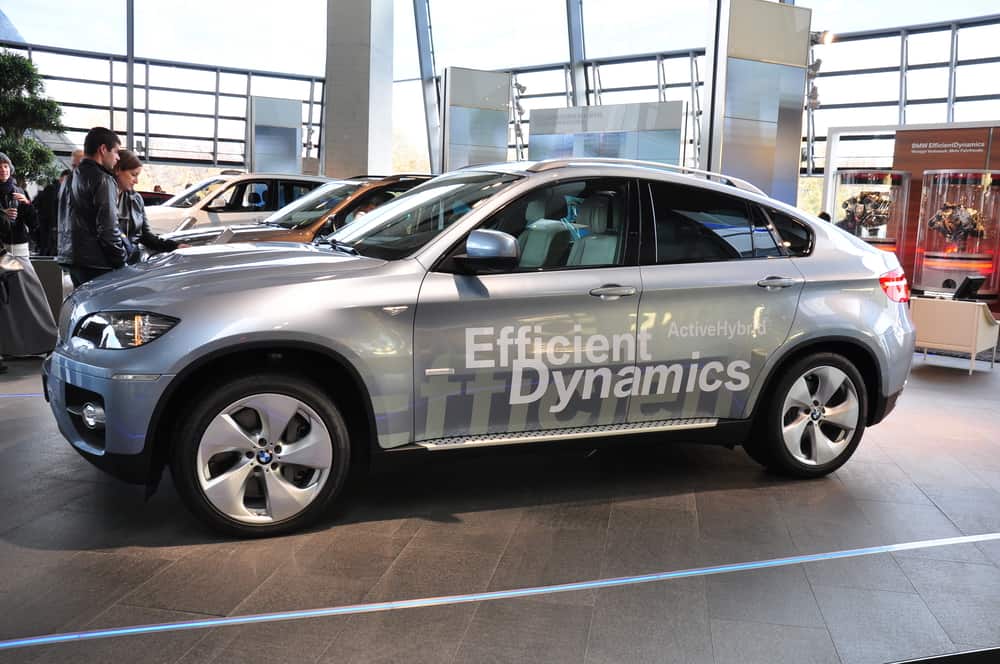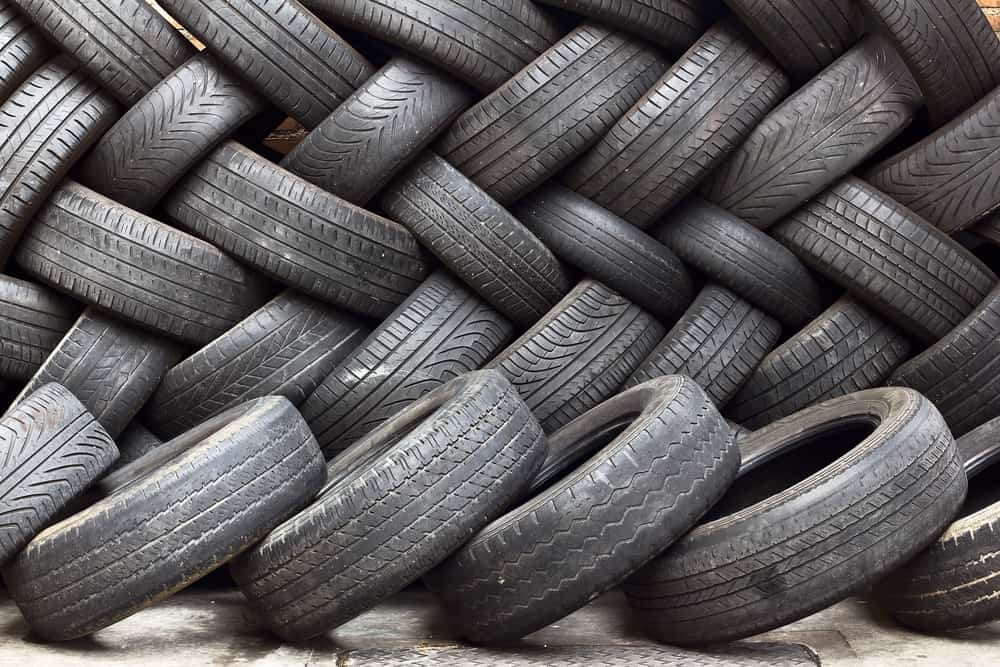 There are many different kinds of eco-cars now available on today’s market. These include vehicles that are electrically charged and have to be plugged in at night and those that are powered by hydrogen fuel cells, which need to be topped up at service stations with dedicated hydrogen pumps. The problem with many of these automobiles is that they are prohibitively expensive for many motorists. Some of these green vehicles even cost more to run than their petrol and diesel driven counterparts, making them unattractive for those on a budget.
There are many different kinds of eco-cars now available on today’s market. These include vehicles that are electrically charged and have to be plugged in at night and those that are powered by hydrogen fuel cells, which need to be topped up at service stations with dedicated hydrogen pumps. The problem with many of these automobiles is that they are prohibitively expensive for many motorists. Some of these green vehicles even cost more to run than their petrol and diesel driven counterparts, making them unattractive for those on a budget.
Biofuels
However, there is an intermediary solution. As fossil fuels are running out, scientists and engineers have been looking at different types of biofuels, which are made from naturally occurring resources. These can be used in place of conventional fossil fuels in many standard types of engines. Many of these alternative energy sources are made from renewable and sustainable sources. These include:
Biogas – This can be used as an alternative to natural gas, and is made from the decomposition of manure or green waste in the absence of oxygen.
Biodiesel – Long chain fats can be heat treated to remove surface tension and increase combustibility, allowing them to run in diesel engines.
Ethanol – Made from sugar, this highly flammable liquid is perfect for engines as it has a low boiling point and exudes vapours slightly above room temperature.
Advantages of Biofuels
There are many advantages to using biofuels over standard fossil fuel derived energy sources. The most obvious is that fossil fuels are set to run out one day – with scientists predicting that we will deplete the natural reserves of oil, coal and gas around 2080. There are other benefits however, such as:
Less emissions – many biofuels actually produce less harmful particulates than fossil fuel derived energy sources. Biogases, such as methane burn up into water and carbon dioxide with no dangerous by-products.
Carbon Balance – as many biofuels are derived from naturally occurring plant matter such as rapeseed oil and sugar, producing these fuels actually removes carbon dioxide from the atmosphere by the process of photosynthesis and replaces it with oxygen.
Energy Efficient – some perennial plants that are used to create biofuels can be extremely energy efficient. Whilst it takes a huge amount of resources to drill for oil and gas, these plants can produce up to five times as much energy as they take to grow.
Local Economy – whilst oil and gas often have to be transported halfway around the world to get to the end users, biofuels can be produced locally on farmland. This can also help create jobs in biofuel refineries and transportation – and even in exportation where there is a surplus of production.
Biofuel Engines
It is possible to convert modern engines to biofuel driven engines. Some vehicles like certain VW cars can already run on biodiesel with no need for modification, whereas Mercedes do not recommend using any kind of biofuels in their cars at all. The most common conversions include:
Ethanol Mix Engines – It is possible to run most petrol powered cars on a mixture of around 5-15% ethanol and petrol. However this highly combustible material can reduce engine life as it is mildly acidic.
Biodiesel Heating Units – Diesel driven engines can be simply converted into running on biodiesel by the inclusion of a fuel heating unit. This helps break down the surface tension of the biodiesel, making it more liquid and therefore easier to transport round the engine.
Biogas Conversion – There is actually very little difference between biogas and naturally occurring gas. This means that many vehicles that have been converted to run on natural gas will also run on biogas too.
A Final Note
Whilst biofuels are a greener alternative to fossil fuels they still produce a large amount of CO2 when used in a combustion engine, which is one of the main greenhouse gases. Also large areas of arable land are required to produce the plant life necessary to create biofuels, and this can cause other environmental problems with the destruction of native habitats for birds, animals and even insect life. The truth is that biofuels may not be the answer to the world’s long term energy problems, but what they do represent is a step in the right direction away from our reliance on oil and its derivatives.











.png)